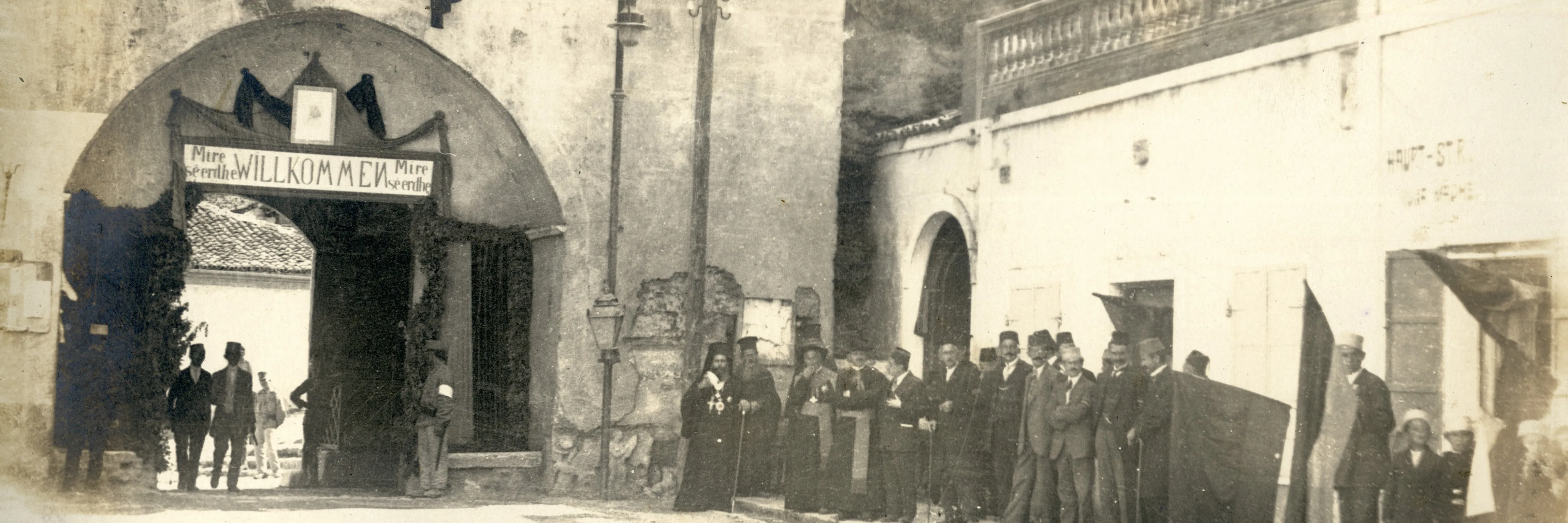News
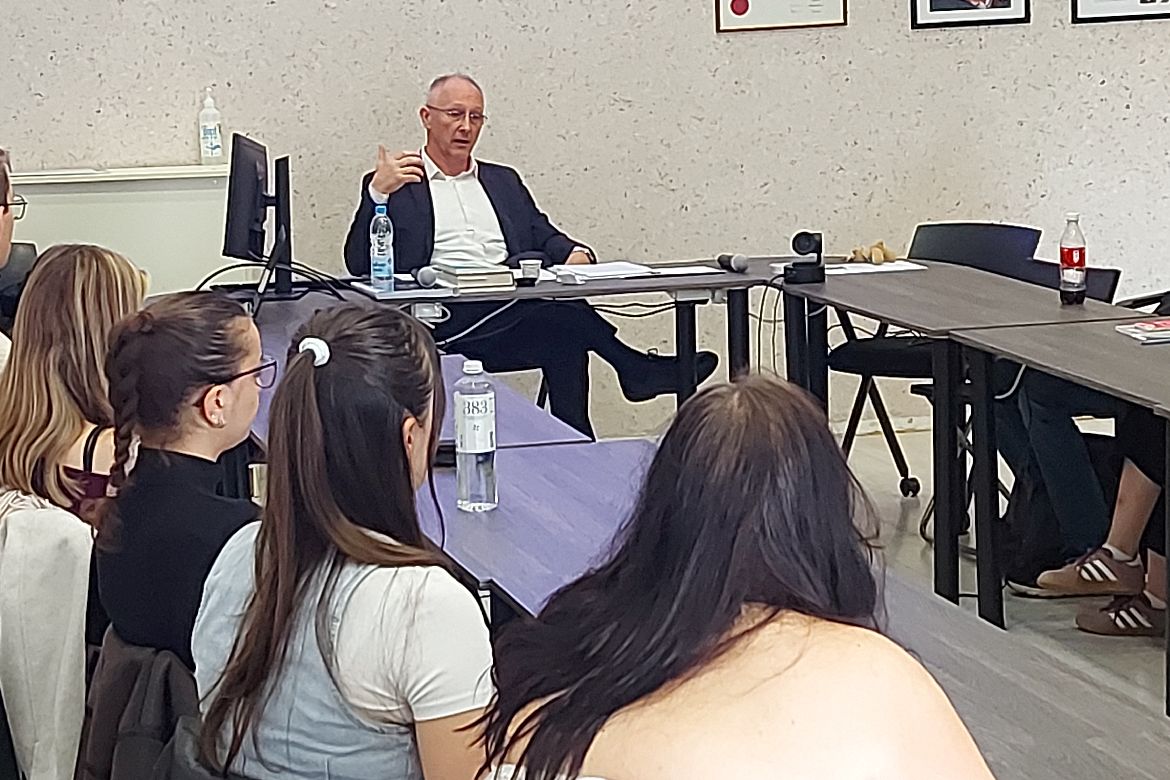
- Details
- Category: Lectures
At the invitation of the ELTE Institute of Political and International Studies, László Márkusz delivered a lecture entitled „State-Building and International Administration in the Post-Cold War Balkans” on October 10, 2025, at the ELTE Faculty of Social Sciences campus.
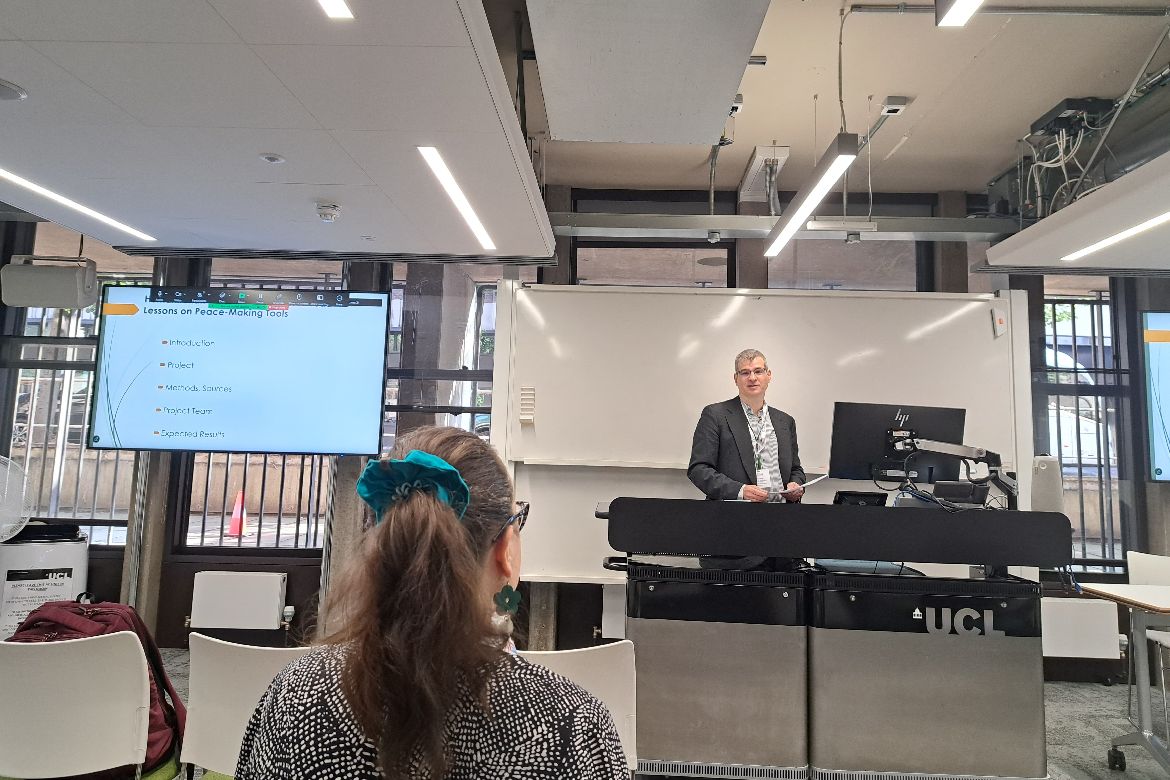
- Details
- Category: Lectures
The XIth ICCEES World Congress was held between July 21 and 25, 2025, hosted this year by University College London. The aim of the five-day international congress, offering a rich program, was to provide a forum for the most important current research examining the history and present of Central and Eastern Europe. Researchers, senior research fellows, university professors, representatives of political and economic stake-holders presented their projects and discussed the most important issues of the region’s past, present, and future in an interdisciplinary dialogue.
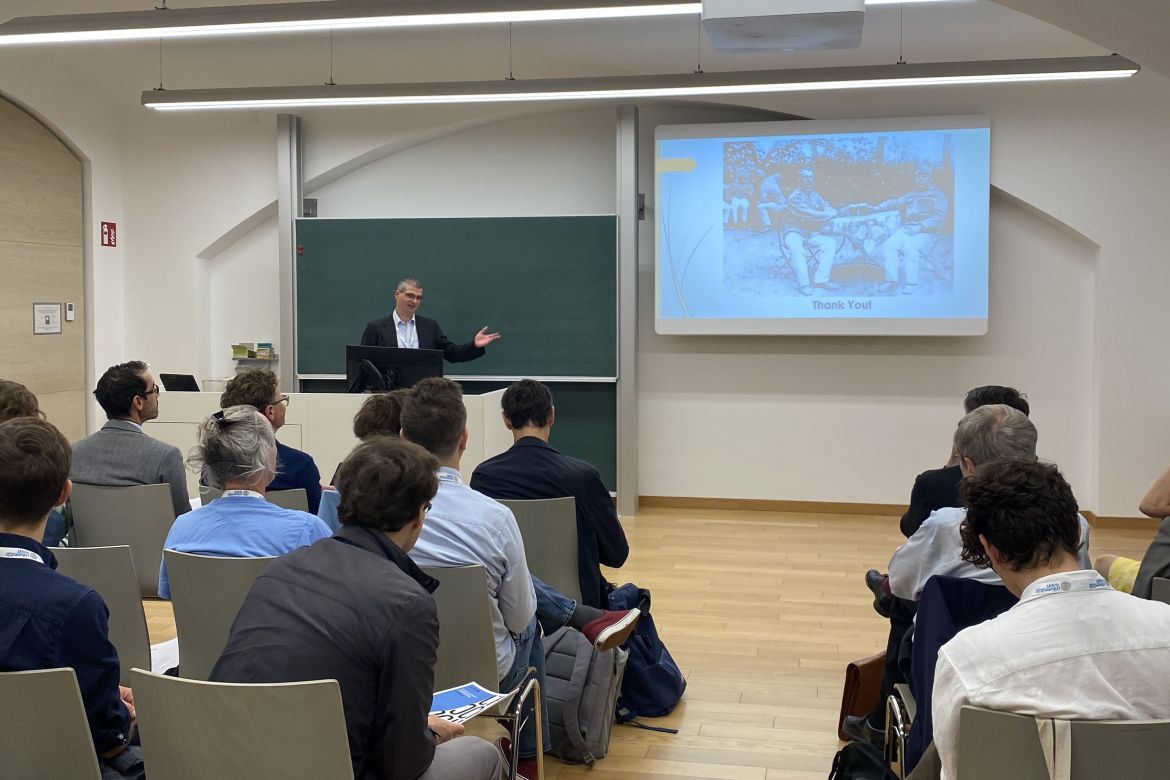
- Details
- Category: Lectures
The first Central European History Convention (CEH-C) meeting was held between July 17 and 19, 2025, hosted by the University of Vienna. The aim of the three-day international conference, offering a rich program, was to provide a forum for researchers worldwide who study the history of the Habsburg Monarchy, Austria–Hungary, and its successor and neighboring states. Based on their research, participants discussed the possible interpretations of the region’s past from the Middle Ages to World War II in an interdisciplinary dialogue.
Read more: Lecture in Vienna at the Central European History Convention
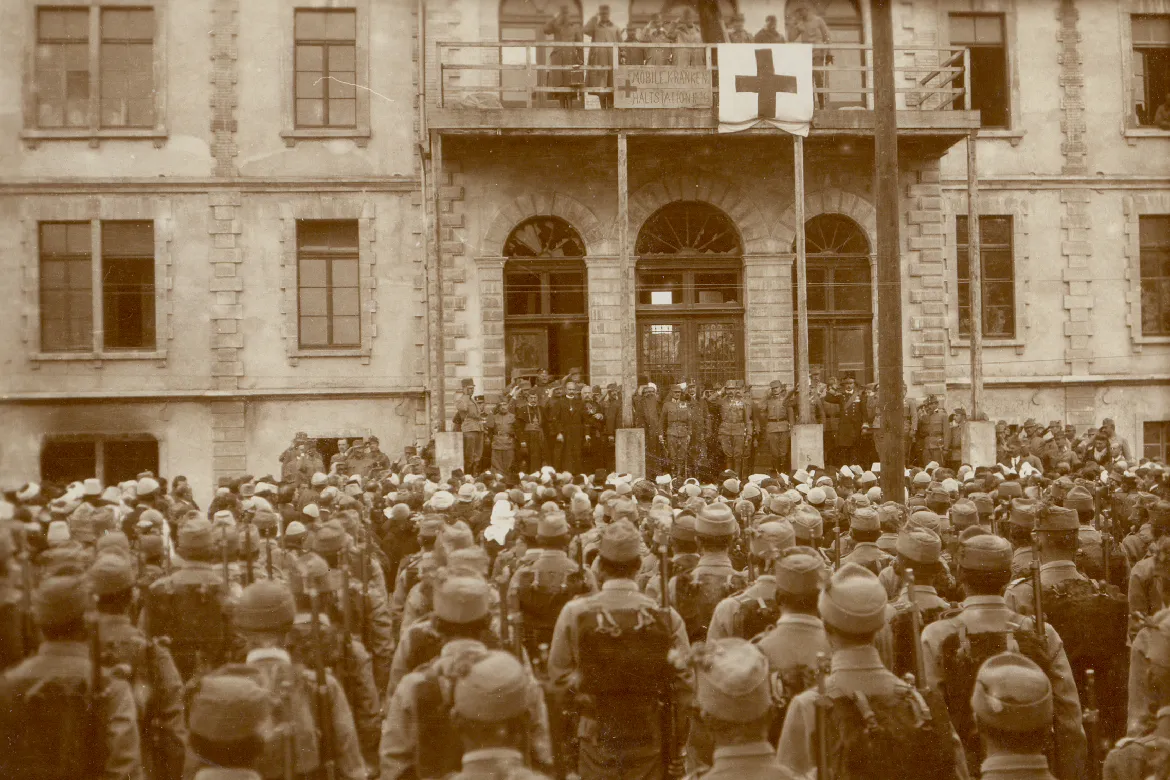
- Details
- Category: Blogs
Research into the history of humanitarian actions prior to 1918 focuses primarily on the past of transatlantic countries; studies regularly omit the reconstruction of the humanitarian past of Eastern European empires, especially Austria–Hungary.
Read more: Humanitarian actions and football: the first football match in Albania (1913)
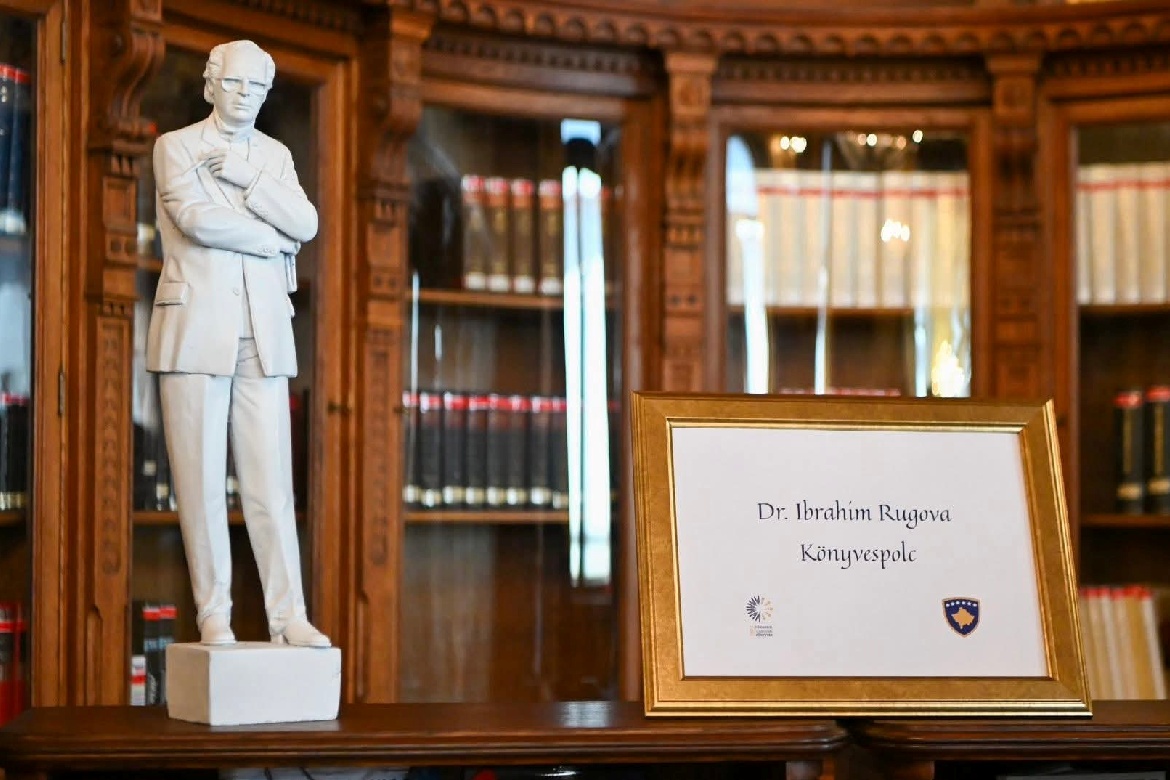
- Details
- Category: News
On 18 June 2025, the Dr. Ibrahim Rugova Book Corner was inaugurated in the Szabó Ervin Metropolitan Library of Budapest. Ibrahim Rugova is honored as the founder of the independence of the state Kosovo and played a key role in building democratic institutions in the country that broke away from Yugoslavia.
Read more: Lecture in Budapest on Ibrahim Rugova’s state- and nation-building role in Kosovo
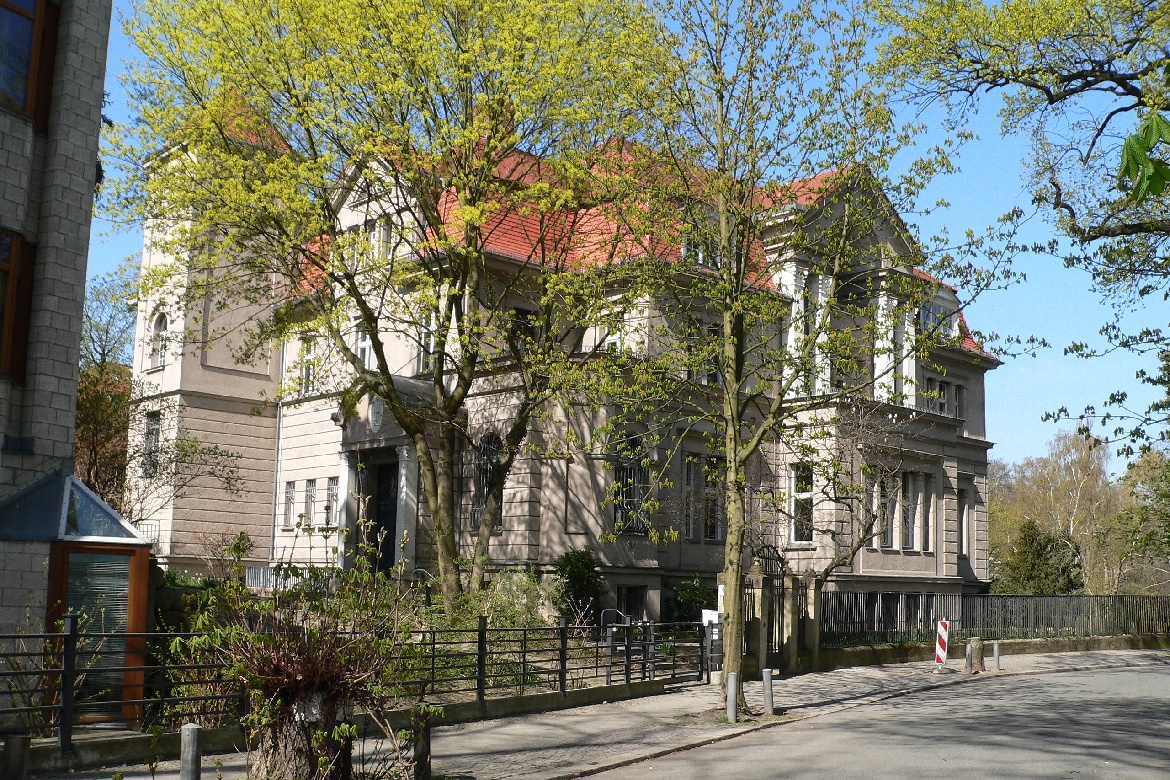
- Details
- Category: News
On 5-6 June 2025, the workshop „New Economic History of Central and Eastern Europe?” was held in Berlin. The event was organized by Gábor Egry and the Wissenschaftskolleg zu Berlin.
Read more: New Economic History of Central and Eastern Europe?
More Articles …
- 1
- 2
Page 1 of 2


